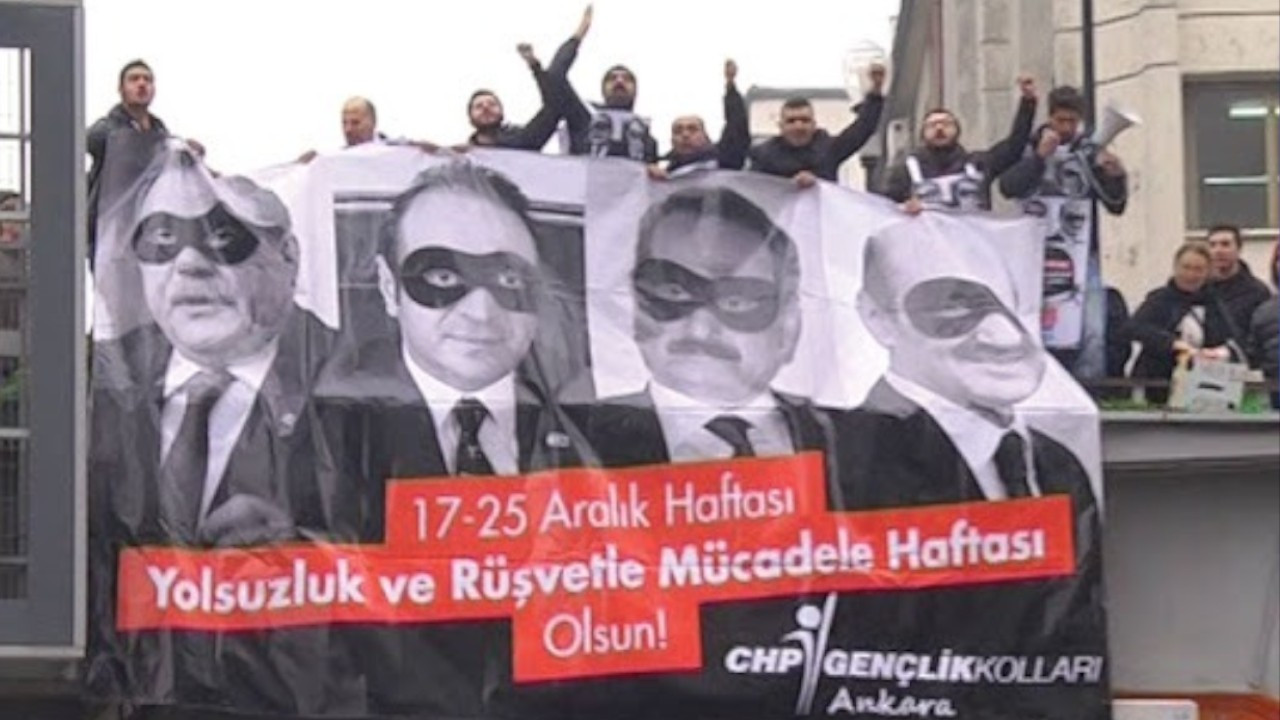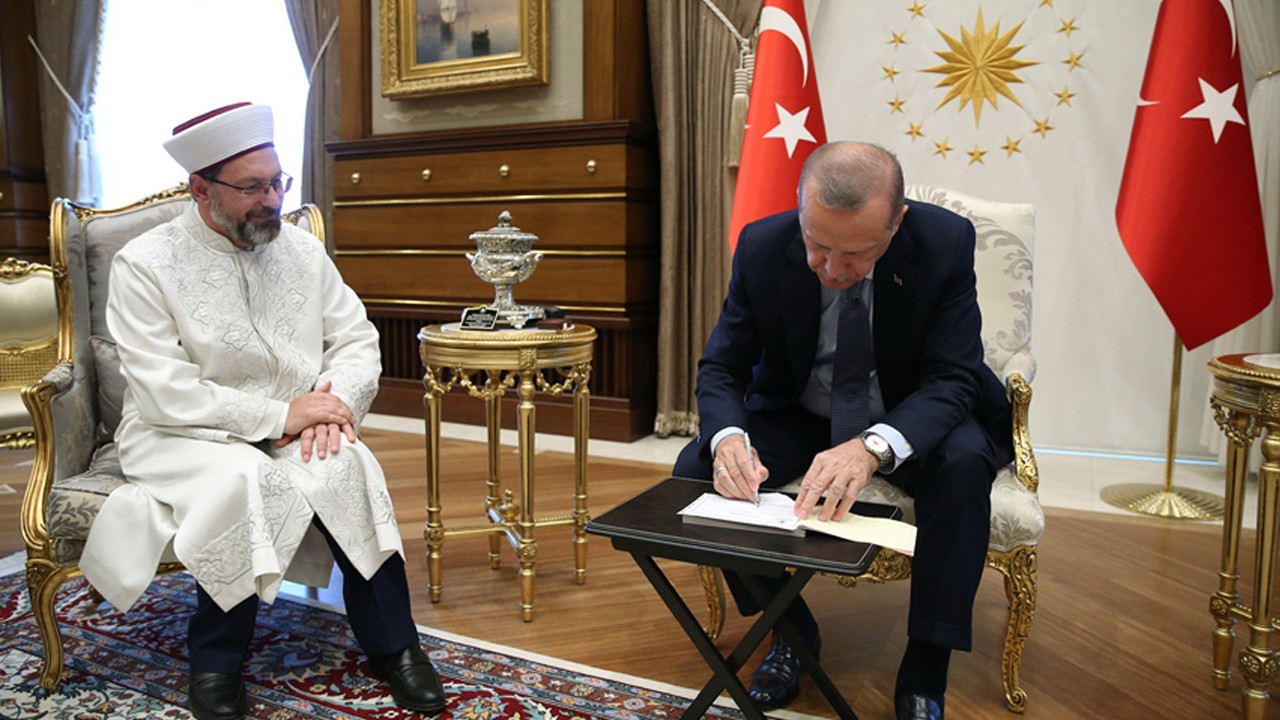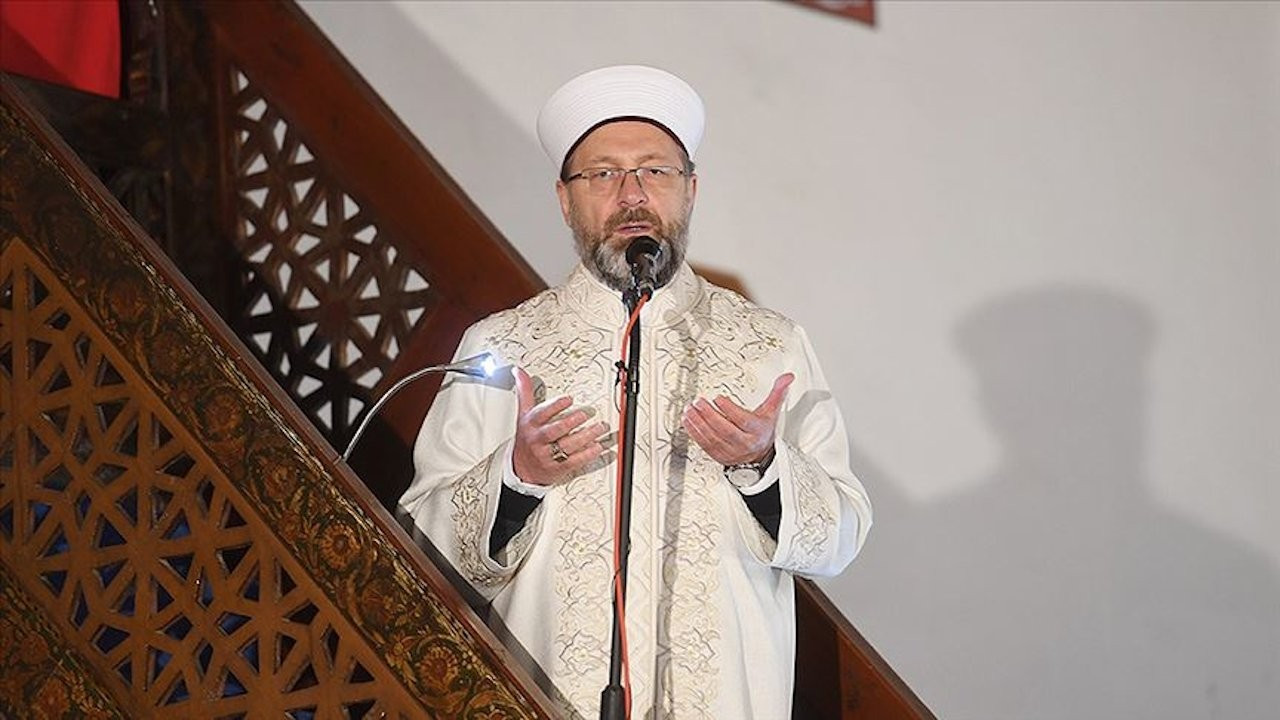Diyanet head placed ahead of army chief in state protocol rank
The Turkish government has raised considerably the rank of the Diyanet head in the state protocol, placing him in the 12th place in the list, above the Chief of General Staff.
Duvar English
The head of the Turkish Directorate of Religious Affairs (Diyanet), Ali Erbaş, was summoned as the 12th official to celebrate the Aug. 30 Victory Day of President Recep Tayyip Erdoğan in a state protocol at the Presidential Complex.
With this new arrangement, the Diyanet head suddenly jumped 40 ranks in the protocol list, as he used to be summoned as the 52nd government official in the parliamentary system, Deutsche Welle's Turkish service reported on Aug. 31.
As for the Chief of General Staff, Yaşar Güler, he was given the 14th place in the protocol list, two places behind Erbaş. The 13th spot on the list was given to the head of the Presidency Administrative Affairs department.
Following Turkey's shift from the parliamentary system to the executive presidential system, the protocol list ranking has been also changed.
Before Erdoğan moved Turkey closer to autocracy by replacing its parliamentary system with one concentrating virtually all power in the presidency, prime minister, parliament speaker and chief of general staff used to hold the highest three ranks in the state protocol list. But following the change of the system in 2018, a new state protocol has been issued, with the abolishment of the office of the prime minister.
The Aug. 30 Victory Day reception greetings held at the Presidential Palace displayed the new design of the state protocol, as Erdoğan received the government officials in line with this list.
Erdoğan firstly accepted the greetings of the parliament speaker and vice president. These names used to be followed by the heads of the Constitutional Court, Court of Cassation and Council of State. But, in the Aug. 30 ceremony, ruling Justice and Development Party (AKP)'s deputy chair Mahir Ünal came as the third official to be called, finding a place in front of the judiciary heads.
A notable change also took place in the state protocol with regards to Erdoğan's ally Devlet Bahçeli, the leader of the Nationalist Movement Party (MHP).
Previously, deputy parliament speakers' names used to be called before the chairs of political parties who have representation in parliament.
But in the Aug. 30 Victory Day reception, Bahçeli's name has been called out as the ninth person, followed by deputy parliament speakers.
Under the current presidential system, Erdoğan enjoys almost unlimited powers as a feature of the constitution.
With the constitutional amendments of 2017, the office of the prime minister and the council of ministers are eliminated and executive power is transferred to the president.
In this new system, the president has vast appointment powers, including of vice-presidents, cabinet members and high bureaucratic officials, and can issue executive decrees, declare a state of emergency, deploy the military and close down parliament, all of which raise a concern with regards to oversight issue.

 Main opposition says former minister's remarks 'confess' bribery, corruption within AKPPolitics
Main opposition says former minister's remarks 'confess' bribery, corruption within AKPPolitics Turkey's top religious body asks for increase on 13billion-lira annual budgetDomestic
Turkey's top religious body asks for increase on 13billion-lira annual budgetDomestic Jail term sought for bar association executives over criticism of Diyanet homophobiaHuman Rights
Jail term sought for bar association executives over criticism of Diyanet homophobiaHuman Rights